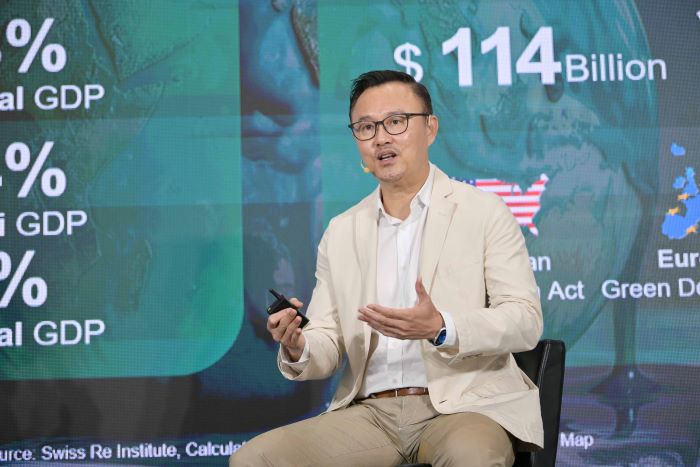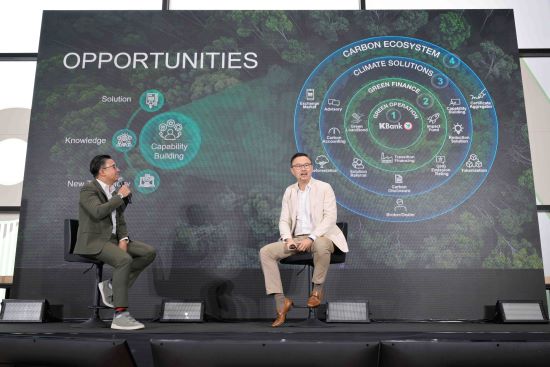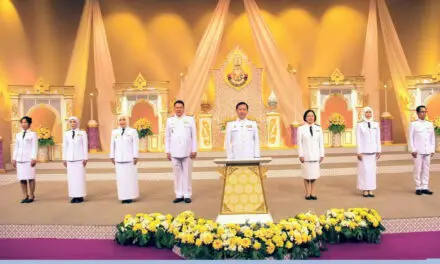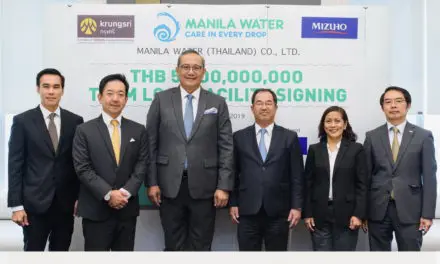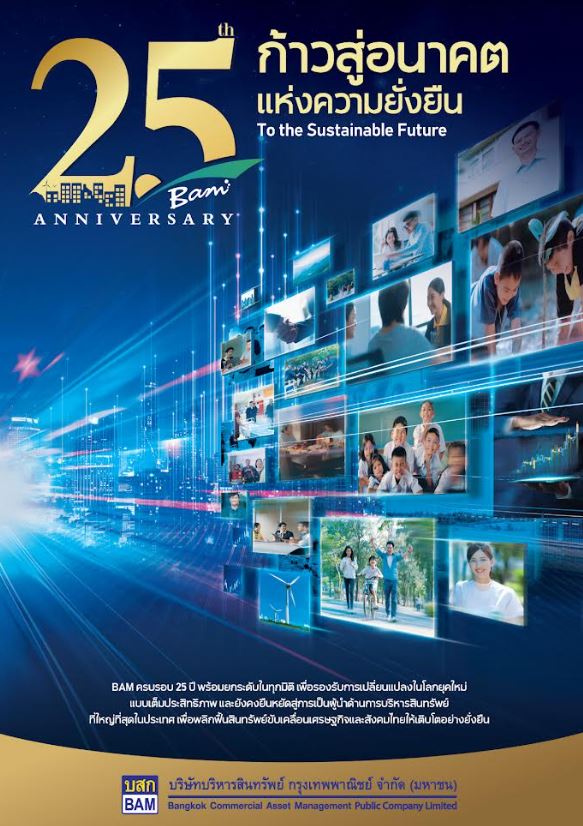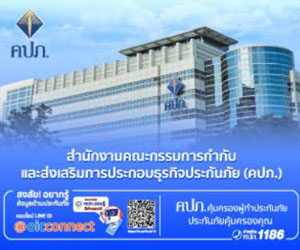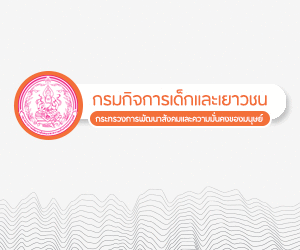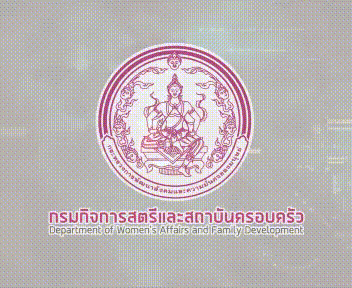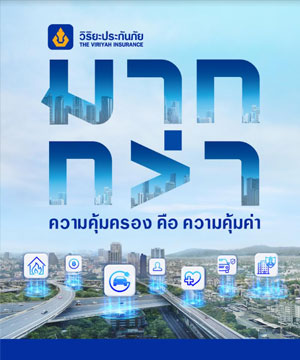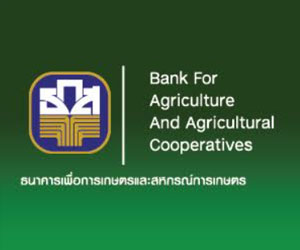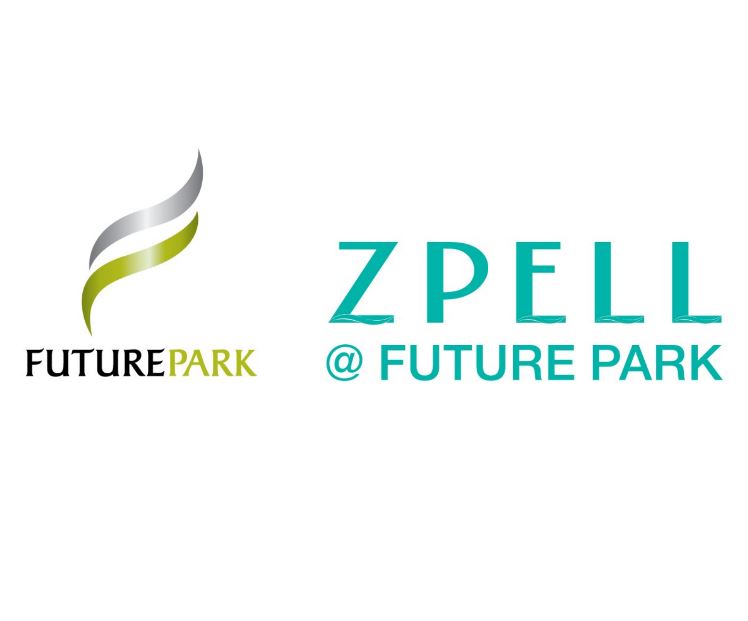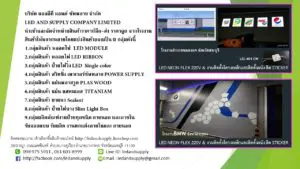ธนาคารกสิกรไทยเปิดยุทธศาสตร์ด้
นายพิพิธ เอนกนิธิ กรรมการผู้จัดการ ธนาคารกสิกรไทย เปิดเผยว่า การประชุม COP 28 ที่ผ่านมา ประชาคมโลกบรรลุข้อตกลงที่
จากการที่โลกธุรกิจกำลังเข้าสู่
เริ่มด้วยการลดก๊าซเรื
กลยุทธ์ที่ 1 Green Operation – ธนาคารปรับเปลี่
การเปลี่ยนแปลงเชิงบวกที่เกิ
ช่วยลูกค้าด้วยการเงินสีเขียว
กลยุทธ์ที่ 2 Green Finance – ธนาคารนำความแข็งแกร่งด้านสิ
การเปลี่ยนแปลงเชิงบวกที่เกิดขึ้
บูรณาการศักยภาพ ส่งมอบโซลูชันที่มากกว่าแบงก์กิ้
นายพิพิธ กล่าวเพิ่มเติมว่า ในภาพรวมปริมาณการปล่อยก๊าซเรื
กลยุทธ์ที่ 3 Climate Solutions – โซลูชันด้านสิ่งแวดล้อมอย่
นอกจากนี้ ธนาคารนำประสบการณ์กว่า 10 ปี ในการวัด Carbon Footprint ของธนาคาร มาใช้เพื่อเตรียมพัฒนาโซลูชั
กลยุทธ์ที่ 4 Carbon Ecosystem – ธนาคารเตรียมความพร้อมในการเชื่
เชื่อมต่อภาคส่วน จับมือทุกคนทำไปด้วยกัน
นายพิพิธ กล่าวตอนท้ายว่า การทำงานด้าน Climate Change ในระดับประเทศให้บรรลุผลได้นั้น ต้องอาศัยพลังจากทุกคนร่วมมื
———————————————————————————————————————————————–
KBank unveils its Climate Strategy to support business transition and seize opportunities, injecting sustainable financing and investment to reach 100 billion Baht in 2024 with comprehensive environmental solutions
KASIKORNBANK has launched KBank Climate Strategy 2024, which aims to support Thai businesses as they transition and embrace new business models in the “Climate Game” era, where business value is based not on profits alone, but also environmental and social factors. KBank is working towards the net-zero goal, through both green operations under international standards and green finance. The Bank continues providing sustainable financing and investment to reach 100 billion Baht in 2024 while also studying and preparing environmental solutions across all dimensions to comprehensively meet business needs, including consulting, carbon accounting and carbon ecosystem services. These initiatives are aimed at helping businesses in their decarbonization journey amid the proliferation of environmental regulations both globally and in Thailand, in order to seize the opportunities that will arise in the drive towards the net-zero economy.
Mr. Pipit Aneaknithi, KBank President, said, the 28th Conference of the Parties to the United Nations Framework Convention on Climate Change or COP28, concluded with a historic agreement to transition away from fossil fuels. This effort will put pressure on businesses worldwide, and Thailand is also expected to feel significant impacts from the transition risk. As evidenced, new trade-related regulations implemented by the US, Europe and China will likely affect 40-45 percent of Thailand’s export value. Additionally, the draft Climate Change Act B.E. …. currently under consideration in Thailand, will require businesses to conduct greenhouse gas emissions measurement, reporting and verification (MRV), implement a cap-and-trade system for greenhouse gas emissions, pay carbon taxes on emissions from industrial products and engage in carbon credit transactions. These regulatory requirements would have wide-ranging impacts on businesses in Thailand”.
The business world is entering the era of the “Climate Game”, where environmental factors are fundamentally changing the business equation. The value of businesses as based on traditional revenue models will be diminished due to negative factors related to their environmental and social impacts. Conversely, opportunities exist for businesses that have positive impacts on the environment. As a result, business operators must be aware of and adapt to this new reality to succeed in the climate game. With the determination to utilize its experiences, products and body of knowledge in supporting the business sector’s self-adaptation, KBank has mapped out the Climate Strategy 2024, under which the chief goal is to support Thai businesses and the Thai economy in their transition into the new business world, to be able to deal with all changes and grasp new opportunities, while creating long-term sustainable growth. Key strategies of KBank include the following:
First step by reducing GHG emissions from KBank’s operations
Strategy 1: Green Operation – Propelled by its commitment to reducing GHG emissions from operations (Scope 1 & 2) to Net Zero per global standards, KBank has redesigned its operational processes, starting with the development of a GHG database system and carbon credit-related operations beginning in 2012. KBank’s has gained experience through implementation that has been evidenced by concrete results, including solar rooftop installation at all seven main buildings. In addition, solar rooftops are to be installed at 78 branch offices within June 2024. Meanwhile, 183 internal-combustion engine (ICE) vehicles in KBank’s fleet have already been replaced with electric vehicles.
Positive impacts: KBank has been able to continually reduce its GHG emissions, as seen from the decrease of 12.74 percent realized in 2023 compared to the base year of 2020, while carbon credit management has been undertaken for six consecutive years (2018 – 2023), with the aim of becoming Net Zero in its Scope 1 & 2 by 2030.
Green Finance to assist customers
Strategy 2: Green Finance – KBank has leveraged its comprehensive strengths in loans and investment in supporting the business sector’s transition, including: 1) Green Loans and Transition Finance; 2) Investment allocation to businesses and startups that create positive impacts; and 3) Offering of investment products of KBank and its global partners to attract investment funds to support ESG businesses. In 2022-2023, KBank’s financing and investment for sustainability totaled 73,397 million Baht. That figure is estimated to reach 100 billion Baht and 200 billion Baht within 2024 and 2030, respectively, in accordance with the established plan.
Positive impacts: The key performance indicator (KPI) under this strategy is portfolio emissions of key industries, for which the Bank attaches importance to control and support for their transition to Net Zero. Given this, the Bank has implemented the Sector Decarbonization Strategy for five industries, namely power generation, upstream oil and natural gas, thermal coal mining, cement, and aluminum. Several measurable signs of progress have been found, including the portfolio of the power generation industry, for which KBank offers green loans totaling 3.8 billion Baht. The Bank’s Emission Intensity per GWh in this portfolio declined by 5 percent in 2023 compared to the baseline year (2020), which is in line with the established plan.
Integration of capabilities and delivery of solutions beyond banking
Mr. Pipit added, “The Bank’s overall greenhouse gas emissions largely come from its financed portfolio, accounting for approximately 480 times the emissions from the Bank’s own operations – Scope 1 & 2. Therefore, the Bank has adjusted its strategy and accelerated the development of tools to support greenhouse gas emissions reduction for entrepreneurs in line with the government’s efforts and views towards supporting the business sector in this matter. Additionally, businesses that must make environmental adjustments require support from KBank beyond financial assistance, such as ESG knowledge, technical consulting services, and business matching among ESG groups. KBank has thus integrated capabilities – including solutions, knowledge, and technology – to elevate both its own operations and those of its clients through a strategy aimed at delivering services beyond financial solutions”.
Strategy 3: Climate Solutions – Comprehensive environmental solutions with cooperation from partners to offer knowledge provider solutions delivering advisory and useful information for business transition as well as reduction solutions for consumers and business initiated through various pilot projects, such as the WATT’S UP platform that offers comprehensive electric motorbike rental services, and battery swapping services through designated service points. Presently, there are 367 active users. By 2024, the Bank plans to offer more than 10 EV bike models available for service, together with more than 70 battery swapping stations in the Bangkok metropolitan area. Another notable initiative is the ‘Punfai’ application developed under collaboration between KBank and the Electricity Generation Authority of Thailand (EGAT). Punfai is Thailand’s first all-in-one energy exchange platform designed for both the household and business sectors. Moreover, the Bank has leveraged its over 10 years of experience in measuring carbon footprint to develop new solutions aimed at assisting businesses with measurement, reporting and verification (MRV) of their greenhouse gas emissions in conformity with national and international standards.
Strategy 4: Carbon Ecosystem – The Bank is ready to connect with the carbon ecosystem to further develop services in carbon credit-related transactions. This involves studying and purchasing carbon credits to offset the carbon emissions of KBank and other companies within KASIKORNBANK FINANCIAL CONGLOMERATE, selecting reputable projects and supporting high-quality carbon credits. The focus is to serve as a role model and contribute to the growth and acceptance of Thailand’s carbon credit market on a global scale. To this end, KBank has partnered with INNOPOWER Co., Ltd. (INNOPOWER) in launching a platform for Renewable Energy Certificate (REC) registration and sale to facilitate individuals and small and medium-sized businesses that have installed solar rooftops to register and sell RECs. Additionally, the Bank has explored other elements of the carbon ecosystem, such as carbon credit broker/dealer and carbon credit tokenization.
Connecting sectors and making the transition together
Mr. Pipit noted in closing, “To achieve tangible results and create material changes at the national level, operations related to climate change require the collective effort of all related parties. KBank is ready to act as an intermediary between businesses and consumers; policy makers and regulators; climate knowledge and innovation institutions, as well as financial and capital market community, integrated with our knowledge and data capabilities. This aims to provide tools driving Thai businesses towards transitioning to a new environmentally friendly business model, seizing opportunities in the emerging zero-carbon economy together”.

